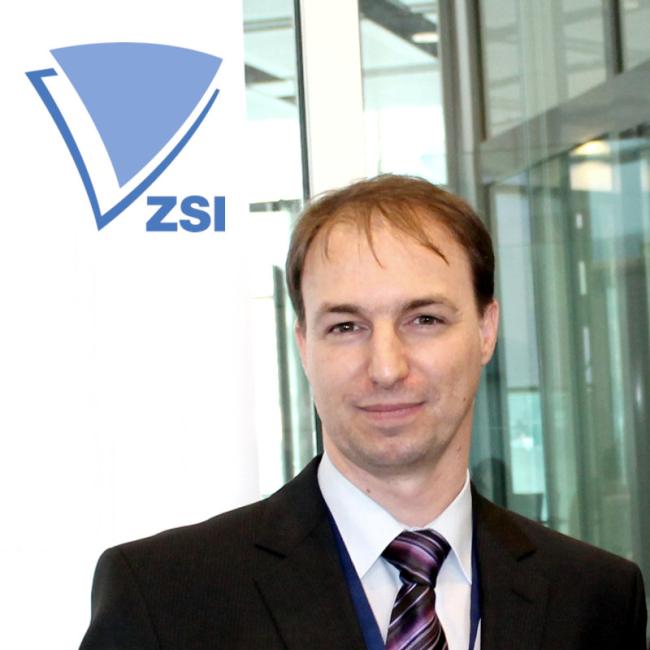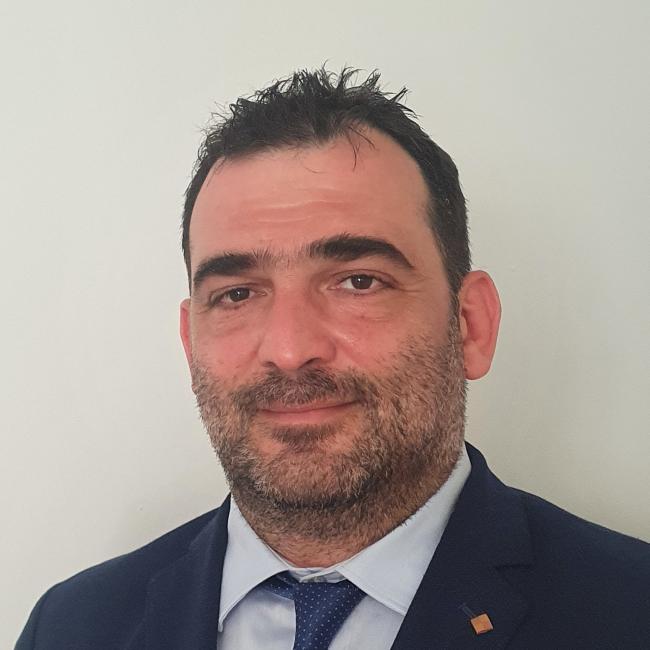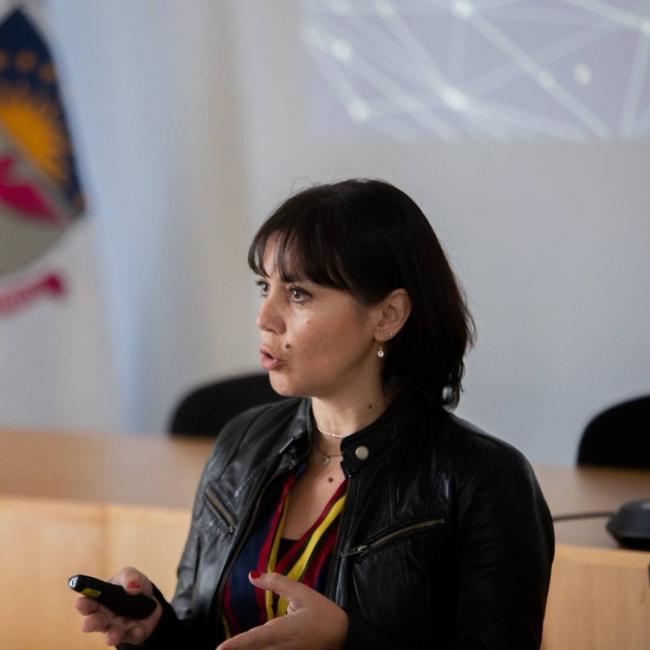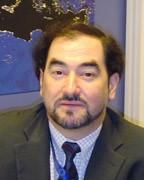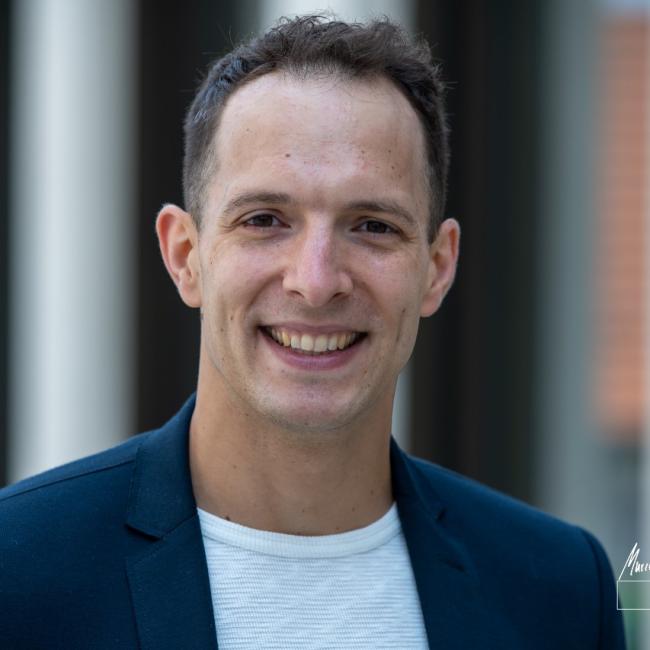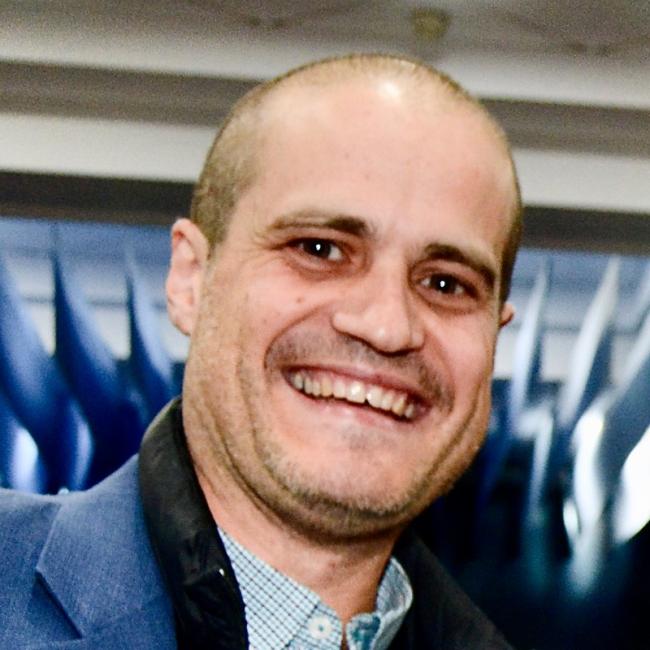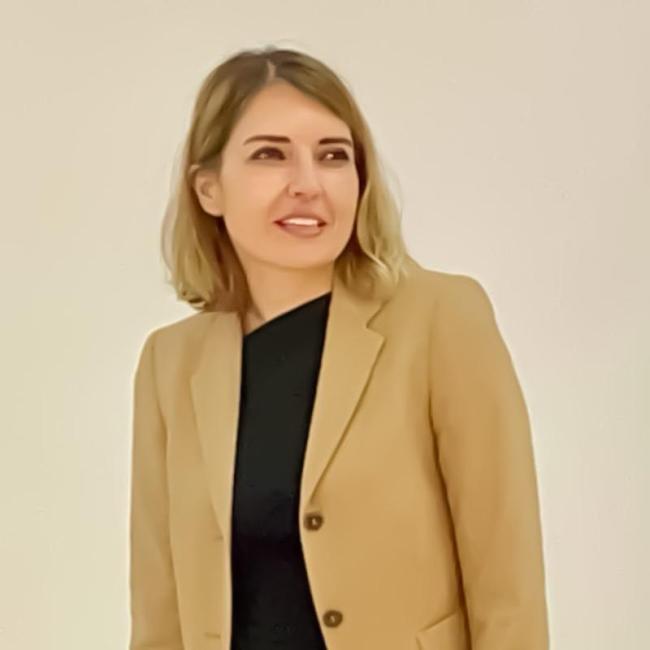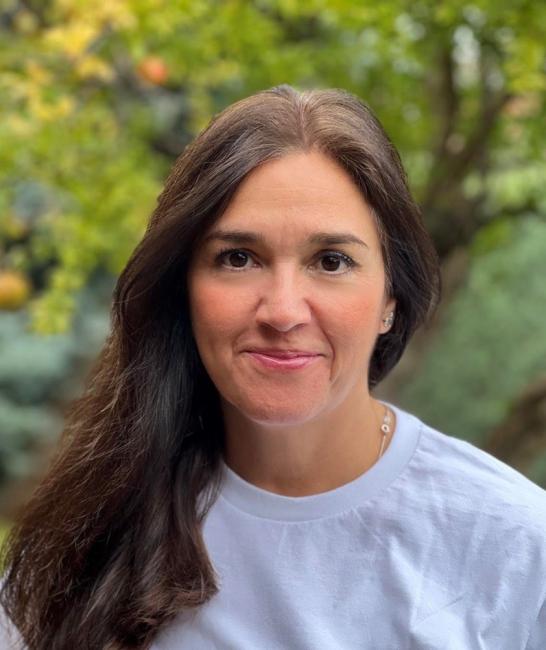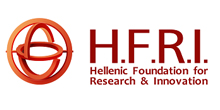Information Day on a new era of STI policy making with AI
Opportunities, Understanding the Limitations and Risks
Background
Science, Technology, and Innovation (STI) underpin a knowledge-based European economy and society. It is a key driver of productivity increases, long-term economic growth, and environmental sustainability. Over the past decade, STI policy has shifted from catch-up growth to sustainable development by integrating social, economic, and environmental factors.
The new era of policy in STI: The complex web of models and many actors and pathways in STI creates a sense of "interconnectedness" that requires a participatory policy style, with government officials, scientists, consultants, and the public working together to determine the best sustainable development policy. «Digitalization» of science has brought data-driven processes that accelerate design-to-product-to-user feedback innovation cycles, while sharing data and infrastructure and cheaper communication encourage collaboration.
About policy intelligence: The IntelComp platform streamlines big data, AI-assisted policy modelling to improve human judgment for evidence-based policymaking to address ‘Policy Intelligence’. High Performance Computing advances and the unprecedented volume and variety of STI data from open science, public sector information, and web data have created ideal conditions for developing and applying AI techniques and modelling approaches to improve STI policy formulation and implementation.
The event
The event's primary goal is to facilitate interaction among those responsible for formulating policies and those who can help improve that process by providing access to cutting-edge data and technology, as well as those who will be directly impacted by those policies.
We will first present results from IntelComp, i.e., the dataspace, methodologies and AI tools we applied on several stages of STI policy (agenda setting, implementation, monitoring and evaluation) in the areas of Cancer Research, R&D in AI and Climate Change, how we facilitated participatory design, the challenges we met and the lessons we learnt. We will also hear from policy makers, data scientists, and consultants about their perspectives on the challenges associated with the implementation of AI in STI policy making and its gradual introduction from the beginning.
Our expectation is that the discussions will assist us in reaching a consensus on the opportunities brought about by the new technologies, that they will provide feedback on the risks associated with them, and that they will help us avoid making mistakes so that we can formulate a collective action plan for all parties involved.
14th December 2023, 09:00 A.M
Royal Library of Belgium (KBR), Mont des Arts 28, 1000 Bruxelles, Belgium. (entrance closest to the room)
For any inquiries about the event, please email Androniki Pavlidou (androniki.pavlidou@openaire.eu)
Meet our speakers
Agenda
-
Check-in & Registration
-
Welcome
Almudena Claudio - Head of Technological and Digital Innovation, Spanish Foundation for Science and Technology (FECYT) -
Keynote: How to embrace AI in the new era of STI Policy making: opportunities, understanding the limitations and risks
PPT Dominique Guellec - Scientific Adviser, Observatoire des Sciences et Techniques (OST) -
IntelComp - the vision, the results, the future
PPT Jerónimo Arenas - Professor, University Carlos III. Scientific Coordinator, IntelComp -
Panel 1: The policy making process; the questions, the agony and the approaches followed by policy makers and funders Empirical discussions by policy makers/intermediaries
Moderation Paresa Markianidou - Senior Researcher/Consultant and Partner, Technopolis Group PPT Katerina Kouravelou - Director, Hellenic Foundation for Research and Innovation (HFRI) - Intelcomp Platform: How could AI contribute to HFRI's funding strategy? PPT Alasdair Reid - Policy Director, European Future Innovation System (EFIS) Centre PPT Lena Tsipouri - Economist, Professor, National and Kapodistrian University of Athens, Co-founder OPIX
PPT Dr. Carsten Schwäbe - Chair of Innovation Management, Researcher, Freie Universität Berlin Q&A -
Coffee Break
-
Panel 2: The new era of big data and AI in policy making The use of AI in STI policy making, how to embrace it in a trusted way
Moderation Natalia Manola - CEO OpenAIRE and Co-founder OPIX PPT Dr. Haris Papageorgiou - Research Director, Athena Research and Innovation Center (ARC) PPT Leonidas Aristodemou - Policy Analyst, OECD Directorate of Science, Technology and Innovation, Division of Science and Technology Policy PPT Dr. Sergio Di Virgilio - Policy Analyst, European Commission, DG Research & Innovation
Q&A -
Lunch Break
-
Panel 3: The co-design process of policy development in AI-Health-Climate How the receptors of policy making can comprehend, be informed and participate into the policy decision making with their feedback
Moderation Dietmar Lampert - Center for Social Innovation (ZSI) PPT Natália Silva - General Manager, Trisolaris Advanced Technologies PPT Evdokimos Konstantinidis - President of the European Network of Living Labs (ENoLL). Leader of ASOSS Research Group at Medical Physics & Digital Innovation Lab, Aristotle University of Thessaloniki PPT Michael Creek - Co-founder at Stickydot srl
Q&A -
Closing remarks and conclusions
Cecilia Cabello Valdés, Policy Officer
Unit European Semester & Country Intelligence, Directorate General for Research & Innovation (DG R&I), European Commission

